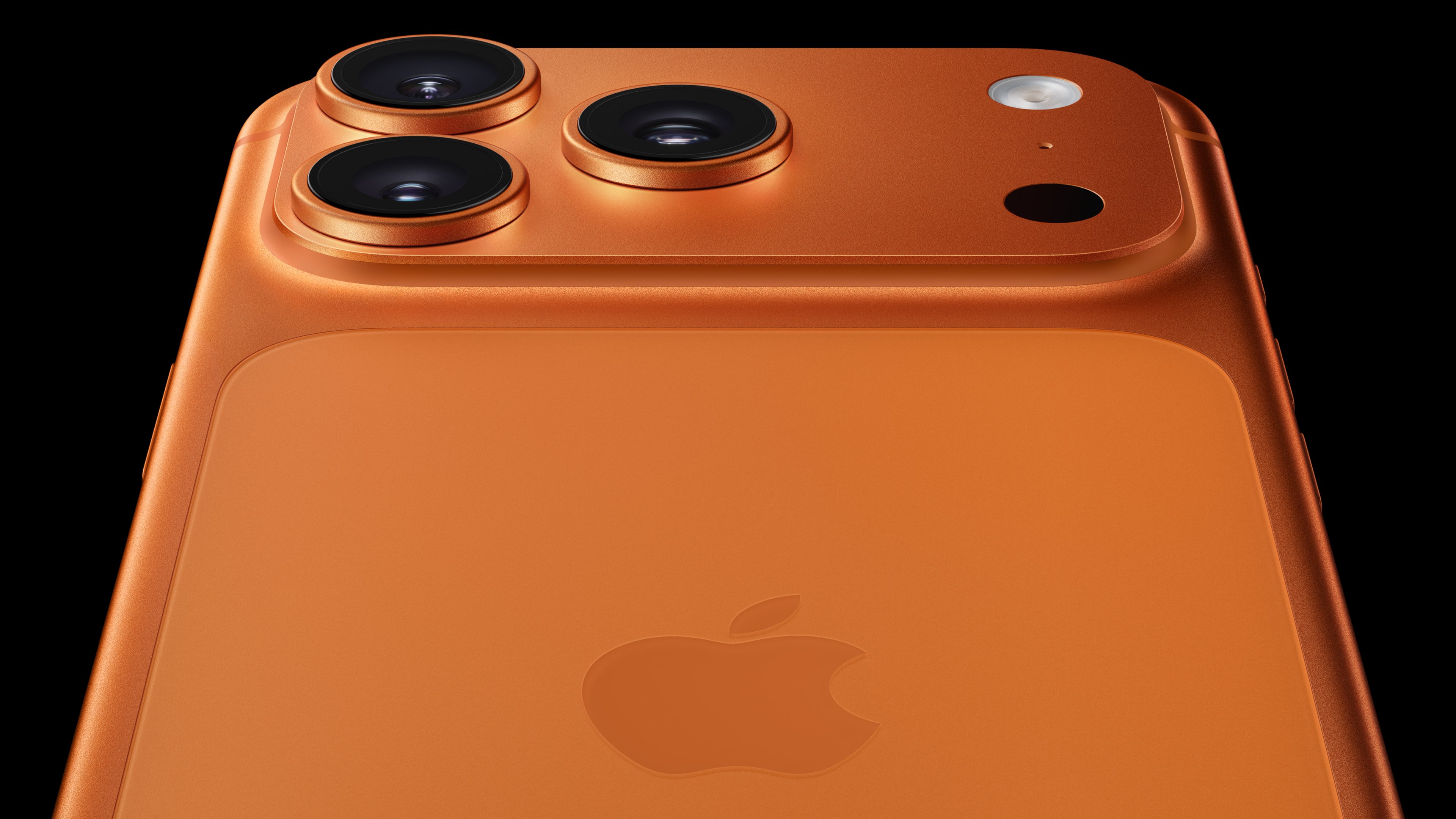
Source: Apple
In the frenetic, here-today-gone-tomorrow tech sector, staying power is a rare trait, even for the most powerful companies.
Within this space, the months-old rivalry between Apple (AAPL 0.68%) Music and privately held on-demand streaming leader Spotify promises no shortage of fireworks as it progresses. And unfortunately for those Apple investors hoping to see a quick and neat defeat of Spotify at the hands of the industry's original heavyweight, recent data suggest that Spotify might enjoy a more durable competitive position that many realized.
Down goes Apple Music!
Last week, the results of a survey conducted by MusicWatch, a music industry survey and analysis firm, claimed that as many as 48% of Apple Music users had tried and subsequently left the nascent streaming service. Apple officially refuted this number, claiming 79% of Apple Music users still used the service. Between the myriad of ways a company can define and "active" user, it isn't clear whether Apple's figure or MusicWatch's might be more precise. However, since the survey results were self-reported by the end users themselves, I'm inclined to think they likely reflect a reasonably accurate representation of real long-term usage behavior. Hard to argue with coming straight from the horse's mouth, right?
To arrive at this conclusion, MusicWatch reportedly surveyed over 5,000 U.S. consumers ages 13 and older, weighing the composition of those surveyed to closely resemble the U.S. population. The press release alone offers a number of interesting insights into Apple Music's overall appeal within the streaming market. In addition to the above key finding, the study also unearthed several additional interesting data points, including:
- 77% of U.S. iOS users knew of Apple Music and 11% were currently using the service at the time of the survey.
- 64% of current Apple Music trial users described themselves as either "extremely likely" or "very likely" to convert to paying members at their trial period's expiration. However, in a seeming contradiction, 61% of trial users also reported having turned off the auto-renew option in Apple Music as well.
- 28% of Spotify Premium users also reported using Apple Music. However, only 11% of ad-supported Spotify free users and 6% of Pandora users were users of Apple Music.
Viewed this way, Apple Music's reportedly strong start seems far less meaningful an indicator of the product's ultimate success than previously understood. It also begs the question of whether Apple will be able to regain the ground it lost by remaining overly fixated on its legacy digital-ownership model even as streaming redefined the industry.
Late to the party?
Apple sought to capitalize on arguably Spotify's greatest weakness -- curated content -- by emphasizing Apple Music's song discovery capabilities. However, with the rollout of new discovery features like Discovery Weekly, Fresh Finds, and internally developed playlists, it appears Spotify might have effectively countered Apple's initial user-acquisition strategy. More broadly, this new data also raises the concern that Apple might be on the losing end of a phenomenon it has long used to curb competitors to its walled-garden mobile ecosystem -- switching costs.
Apple's closed ecosystem has long been cited as a key reason, in addition to its uniquely strong brand, that Apple users repeatedly repurchase its iDevices whenever they upgrade. The thinking goes that users fear losing their apps and iTunes content, so they remain pseudo-captives to Apple in the future.
However, this might also hold in the case of Spotify.
This is a personal anecdote, but I also believe it likely represents the experience of a fair number of Spotify users. While Spotify also integrates social better than Apple Music, a significant reason I remain reluctant to switch over to Apple Music is for fear of losing playlists and music I've spent more time than I care to admit creating. Although I have no ways of knowing definitively, I imagine many Spotify users will identify with this notion.
Viewed through this lens, it suggest Spotify likely enjoys a far more meaningful first-mover advantage than nearly any analysis I've seen argues. The numbers from MusicWatch certainly seem to support this idea. So while we remain in the early innings of a showdown both parties appear intent on winning, Spotify's competitive position might actually prove more robust than many, myself included, originally understood.






